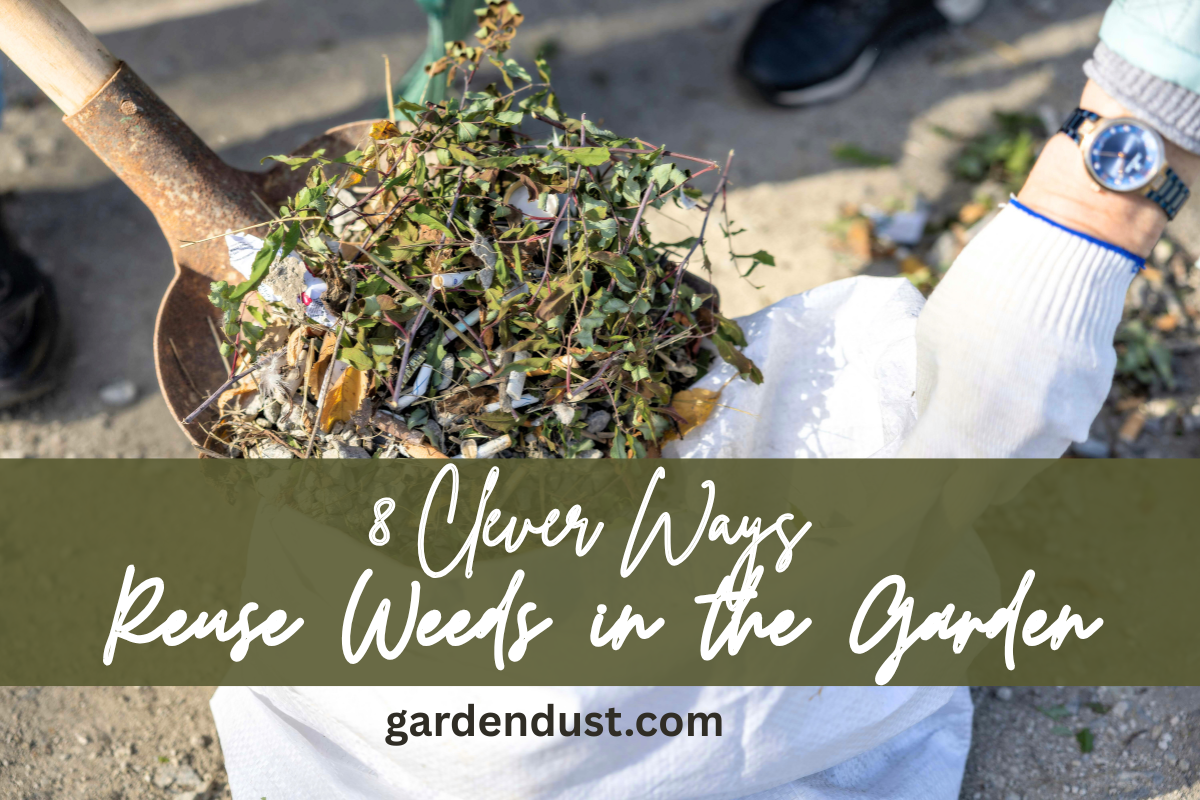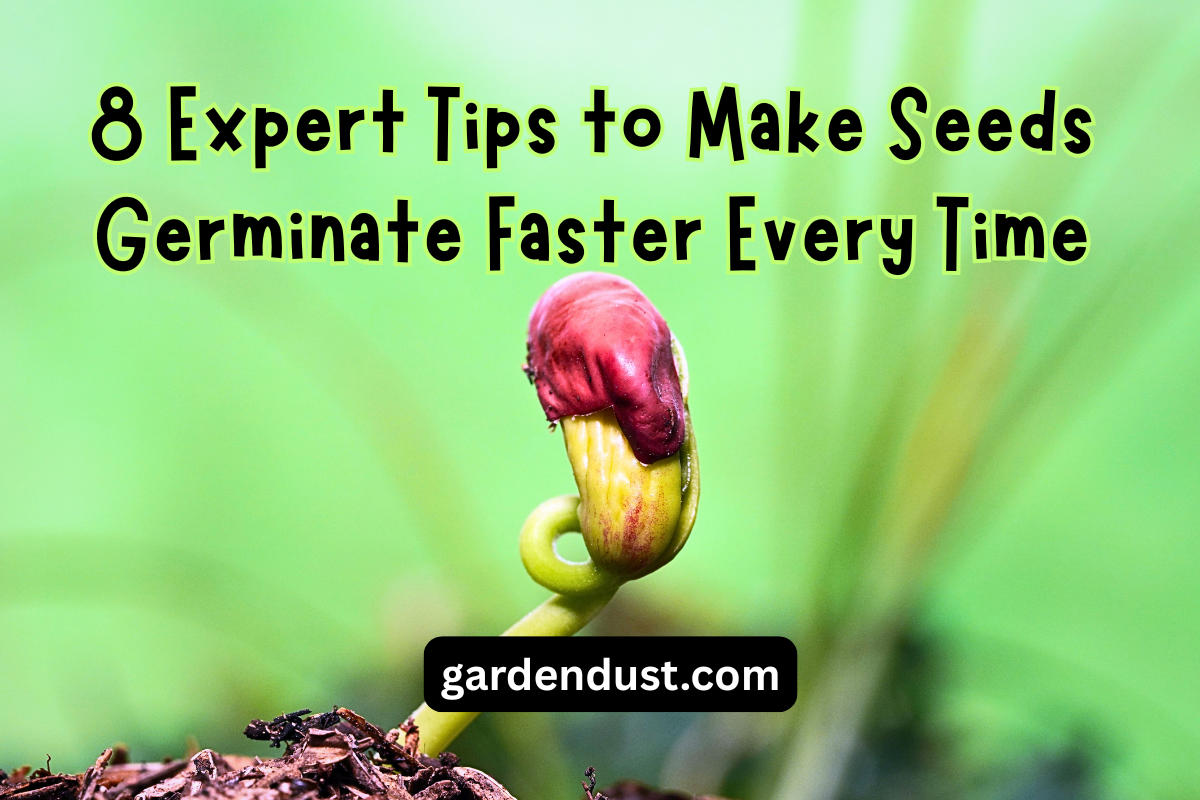How to Grow & Care for
Coreopsis (Tickseed)
Your complete guide to growing these vibrant, low-maintenance flowers that bloom all summer long
Meet Coreopsis
:max_bytes(150000):strip_icc()/choosing-coreopsis-4070265-hero-cfc235b753064988b4a2ba82b48e1d96.jpg)
Quick Facts
- Common Names: Coreopsis, Tickseed, Calliopsis
- Botanical Name: Coreopsis spp.
- Plant Type: Annual, Biennial, Perennial
- Mature Size: 1-4 feet tall, 1-2 feet wide
- Hardiness Zones: 2-11 (USDA)
- Native Area: North America
Why Choose Coreopsis?
- • Extremely low-maintenance and drought-tolerant
- • Blooms continuously from summer to fall
- • Attracts butterflies, bees, and beneficial insects
- • Over 80 varieties available in multiple colors
- • Self-seeds and naturalizes easily
Ideal Growing Conditions
Sunlight
Full sun (6-8 hours daily) for best blooming
Soil
Well-draining, sandy or loamy soil preferred
Water
Drought-tolerant once established
Temperature
Prefers 70-80°F days, 50-60°F nights
Planting Your Coreopsis

When to Plant
From Seeds
Start indoors 6-8 weeks before last frost, or direct sow after frost danger passes
From Transplants
Plant in spring after last frost date
Step-by-Step Planting
Choose Your Location
Select a sunny spot with well-draining soil
Prepare the Soil
Amend heavy clay with compost for better drainage
Space Properly
Plant transplants 12-18 inches apart for air circulation
Water Thoroughly
Keep soil moist until established (2-3 weeks)
Popular Coreopsis Varieties
‘Early Sunrise’
Large, semi-double bright yellow flowers. Compact growth habit.
‘Moonbeam’
Buttery yellow flowers with fine, thread-like foliage.
‘Rosea’
Delicate pink flowers, spreads well as groundcover.
‘Ruby Frost’
Bicolor flowers with red centers and white edges.
Care & Maintenance
:max_bytes(150000):strip_icc()/growing-and-using-coreopsis-in-the-flower-garden-1402839-recirc-e8a9c85c0aea450185512cccc56c1b42.jpg)
Watering Guidelines
- • Water regularly until established (first season)
- • Once mature, water only during extended dry periods
- • Water deeply but infrequently to encourage deep roots
- • Avoid overhead watering to prevent fungal issues
Fertilizing Tips
- • Generally no fertilizer needed – thrives in poor soil
- • Too much fertilizer reduces flowering
- • Add compost in spring if soil is very poor
- • Avoid high-nitrogen fertilizers
Deadheading & Pruning
- • Remove spent flowers regularly for continuous blooms
- • Cut back stems by 1/3 in midsummer for fresh growth
- • Leave some seed heads for winter bird food
- • Cut to ground level after first frost
Propagation Methods
From Seeds
- • Start indoors 6-8 weeks before last frost
- • Plant seeds 1/2 inch deep
- • Keep soil moist and warm (70°F)
- • Germination in 2-3 weeks
- • Self-seeds readily in garden
Division
- • Divide every 3-5 years in spring or fall
- • Dig up mature clumps carefully
- • Split with sharp spade or knife
- • Ensure each section has roots
- • Replant immediately and water well
Stem Cuttings
- • Take 4-6 inch cuttings in summer
- • Remove lower leaves
- • Dip in rooting hormone (optional)
- • Plant in moist potting mix
- • Keep humid until roots develop
Common Problems & Solutions
Yellowing Leaves
Causes: Overwatering, poor drainage, nutrient deficiency
Solution: Improve drainage, reduce watering, check soil nutrients
Pest Issues
Common Pests: Slugs, snails, aphids
Solution: Improve air circulation, use organic pest control, handpick larger pests
Poor Flowering
Causes: Too much shade, over-fertilizing, insufficient deadheading
Solution: Move to sunnier location, reduce fertilizer, deadhead regularly
Prevention Tips
- Plant in well-draining soil with full sun exposure
- Provide adequate spacing for air circulation
- Water at soil level, not on foliage
- Remove spent flowers and diseased plant material
- Avoid overwatering and over-fertilizing
Seasonal Care Calendar
Garden Benefits
Pollinator Magnet
Attracts butterflies, bees, and beneficial insects throughout the growing season
Low Maintenance
Thrives with minimal care, perfect for busy gardeners and naturalized areas
Drought Tolerant
Excellent choice for water-wise gardens and xeriscaping projects






